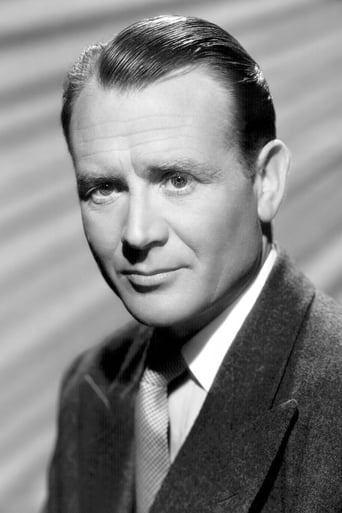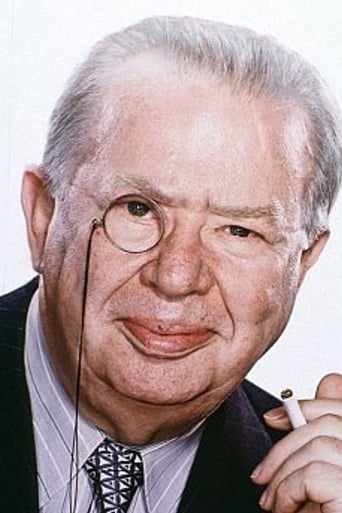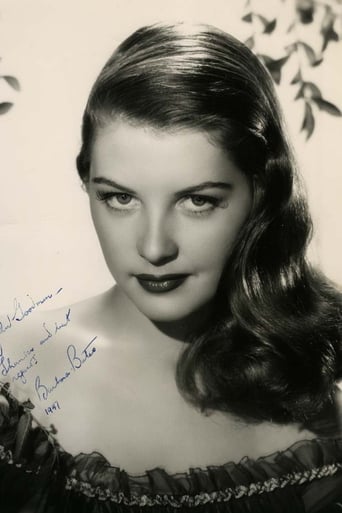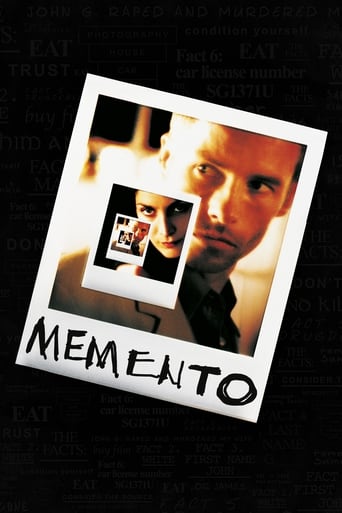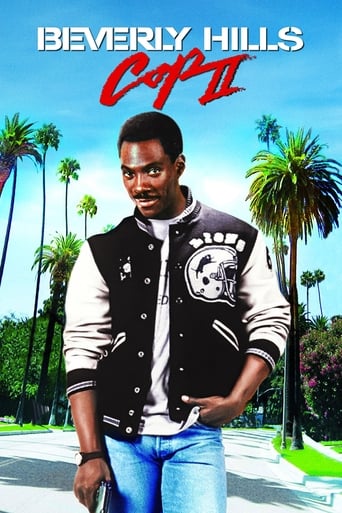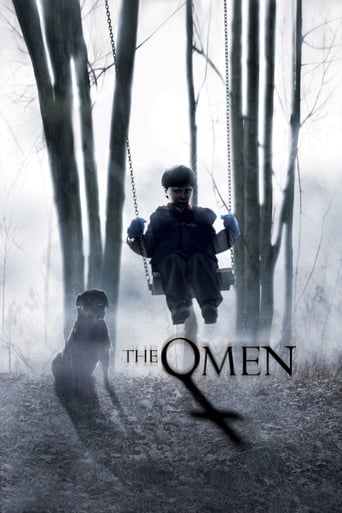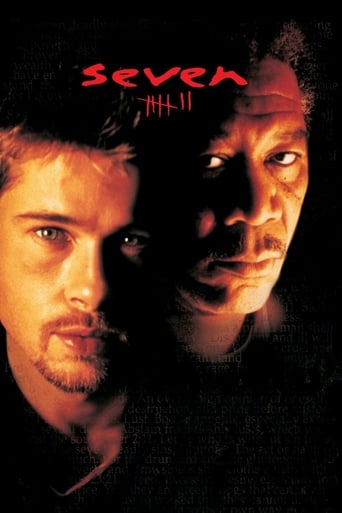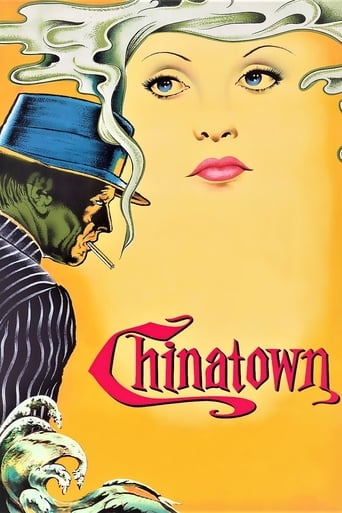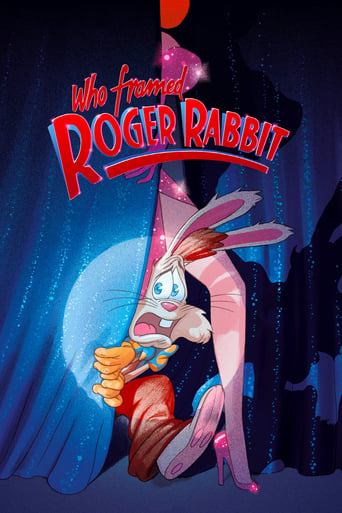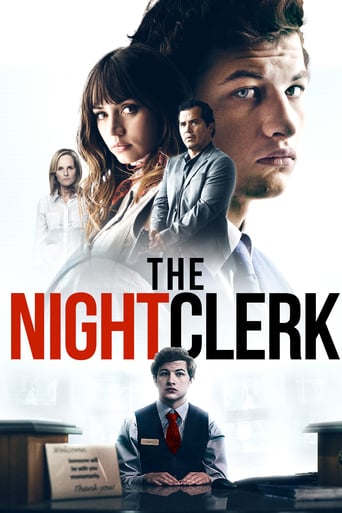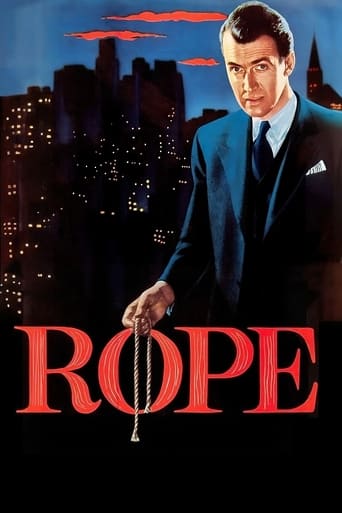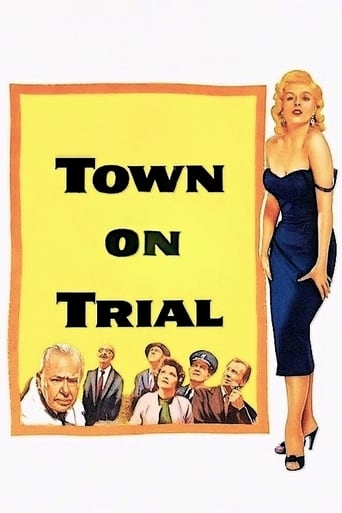
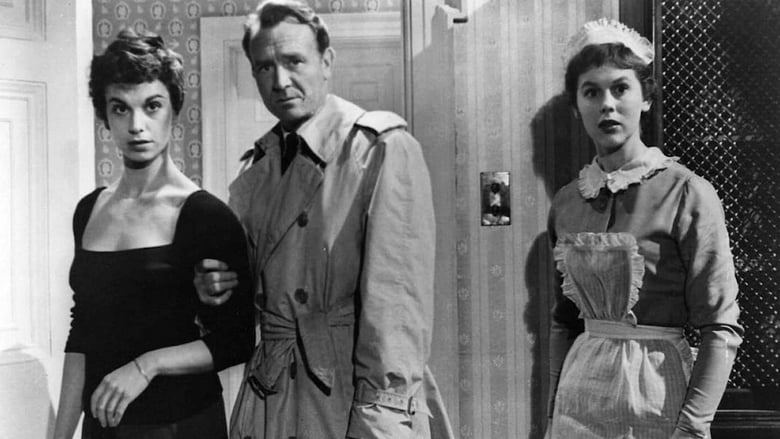
Town on Trial (1957)
When an attractive young girl is murdered, suspicion falls on several members of the local tennis club. It falls to Police Inspector Halloran to sort out all the red herrings, and finally after a confrontation at the top of the local church spire, arrest the culprit. Another fascinating look at what life was like in Britain during the 50's.
Watch Trailer
Cast


Similar titles
Reviews
Touches You
i must have seen a different film!!
Good movie but grossly overrated
Fresh and Exciting
Although there were a number of British films noirs, few of these are well-known today. Robert Hamer, for example, is justly remembered for his blackly comic masterpiece "Kind Hearts and Coronets", but less so for his two great noirs, "It Always Rains on Sunday" and "The Long Memory". Carol Reed's celebrated trilogy of "Odd Man Out", "The Third Man" and "The Man Between" may be an exception, but it is notable that although these films were made by a British director none of them were actually set in mainland Britain."Town on Trial" is another British noir which has largely been forgotten. We normally associate film noir with the mean streets of American cities, often Los Angeles, and British examples tended to be set in working-class areas. "It Always Rains on Sunday", for example, was set in London's East End and "The Long Memory" in the back streets of Gravesend. Some later examples, such as "Tread Softly Stranger", also contained elements of kitchen-sink realism. This one, however, is set in a respectable Home Counties commuter town, Oakley Park. A young woman named Molly Stevens is found murdered and Superintendent Mike Halloran, a Scotland Yard detective, is sent to investigate.Halloran's problem is that he has too many suspects. Molly, a sexy good- time girl, had a long list of enemies, mostly men whom she has flirted with and then rejected, or women jealous of the attentions paid to her by their husbands or boyfriends. Three men, however, fall under particular suspicion, namely Peter Crowley, a former boyfriend of Molly, Mark Roper, a married man who was having an affair with Molly and was the father of her unborn child, and John Fenner, the sinister Canadian- born local doctor. (Charles Coburn was cast in the role, possibly because he had earlier played a sinister doctor in "King's Row").Despite the title, this is not a courtroom drama. The town is "on trial" in the sense that the investigations into the murder reveal some unpleasant secrets which the predominantly middle-class townspeople, who believe firmly in keeping up appearances and in not washing dirty laundry in public, would prefer to keep hidden. The prominent Dixon family try to hush up the wild behaviour of their daughter, even though she is not a suspect in the murder. Dr. Fenner is revealed to have left Canada under a cloud when a misdiagnosis led to a patient's death. The wealthy and outwardly respectable Roper, the secretary of the posh local tennis club of which Molly was also a member, has several skeletons in his cupboard, quite apart from his extramarital affair. He is heavily in debt and is revealed to have lied about his war record to cover up a dishonourable discharge for embezzlement.Adding to the complexity of the situation is a growing romance between Halloran and Elizabeth, a beautiful nurse who is also Fenner's niece- and who might also be lying to protect her uncle. Elizabeth is played by Barbara Bates, a former Hollywood starlet (today best remembered for her small but important role in "All about Eve") who was trying to revive her once-promising career in Britain. This sub-plot seems like an unnecessary distraction. As another reviewer has pointed out, John Mills was never at his best in romantic roles, particularly as he was 49 in 1957, nearly two decades older than Bates.Another weakness is that the killer's motives remain ambiguous. Even when his identity is revealed it is never made clear whether he killed Molly because of a personal grudge- he was one of her rejected lovers- or because of a fanatical religious Puritanism. (He goes on to kill another young woman who he considers to be acting in a sexually provocative manner).The film also, however, has its strengths. In his role as a detective, as opposed to his role as a lover, Mills's performance is a perfectly good one, and he receives good support from some of the other cast members, notably Derek Farr as the sleazy Roper. There is a brilliant cliff-hanging finale on the church steeple, a scene in which director John Guillermin clearly reveals the influence of Alfred Hitchcock, who also liked setting cliff-hangers on prominent buildings or structures, such as the Forth Bridge scene in "The 39 Steps". "Town on Trial" still holds interest today as an exposé of the dark underside of 1950s middle- class respectability. 7/10
Once again it would seem that I watched an entirely different film to the majority of those who have posted here. The film I saw was a crude and horribly misguided attempt to play Hollywood at its own game and needless to say it turned out to be game, set and match, to Sunset Boulevard. John Mills fails hopelessly to convince as the (would be) tough talking maverick cop, complete with clichés such as pushing his trilby to the back of his head. The usual suspects who peopled British films in the 50s are wheeled out, Geoffrey Keen, Alec McCowan, Derek Farr, Dandy Nicols, supplemented for reasons best known to the producers, by Charles Coburn. There's a killer on the loose and the suspense of waiting for him/her to strike again constitutes a photo finish with watching paint dry. For an encore the killer climbs a church steeple and Mills goes up after him - this was done ten times better in Mine Own Executioner a decade earlier with Burgess Meredith following Keiron Moore to a roof. Moore failed to survive, would that Alec McCowan had followed suit.
The film shows the good and the bad of 50s crime genre movies made in the UK. The direction by John Guillermin (who went on to do some good work) is thoughtful and interesting - different angles and camera movement- but the script has too many holes. You cannot move from whodunnit to deep psychological explanation of the mind of the murderer in about three seconds flat! The storyline of the veneer of a fifties town, where all the so called important people are really hiding secrets, being ripped off by the investigation of a murder of a free and easy, amply bosomed, lay is OK, but it needed a lot more depth and exploration than it is given here. The acting is fine apart from the ridiculous miscasting of John Mills as a tenacious tough detective not afraid to ruffle the dignitas of the leading citizens and capable of seducing the female lead!!!! It should have been Stanley Baker who would have brought more brooding menace and fear to those covering up their indiscretions! And the ending is trite, laughable, and terribly rushed, despite its dramatic location - up a church spire!!!!!! The fifties but not as most remember it!
I come out somewhere between these two last verdicts. The plot had more holes than a chunk of gruyere, motivations I'd agree were distinctly shaky, and chemistry between Mills and Barbara Bates as the girl he falls for was notably lacking. (Love scenes have never exactly been Johnny Mills's forte, have they?) But as so often with British films of this vintage, the portrayal of a particular era and social milieu is fascinating, and the supporting performances include some gems. I liked Derek Farr's increasingly sweaty reactions as the bogus ex-officer running the social club as his own little harem; initially loathsome, but gradually becoming a pitiable figure as his carefully-constructed social persona crumbles about his ears. And Elizabeth Seal turns in a tour de force as the respectable mayor's daughter going determinedly to the bad. Her spirited, bottom-wiggling solo dance at the club was utterly wonderful.


